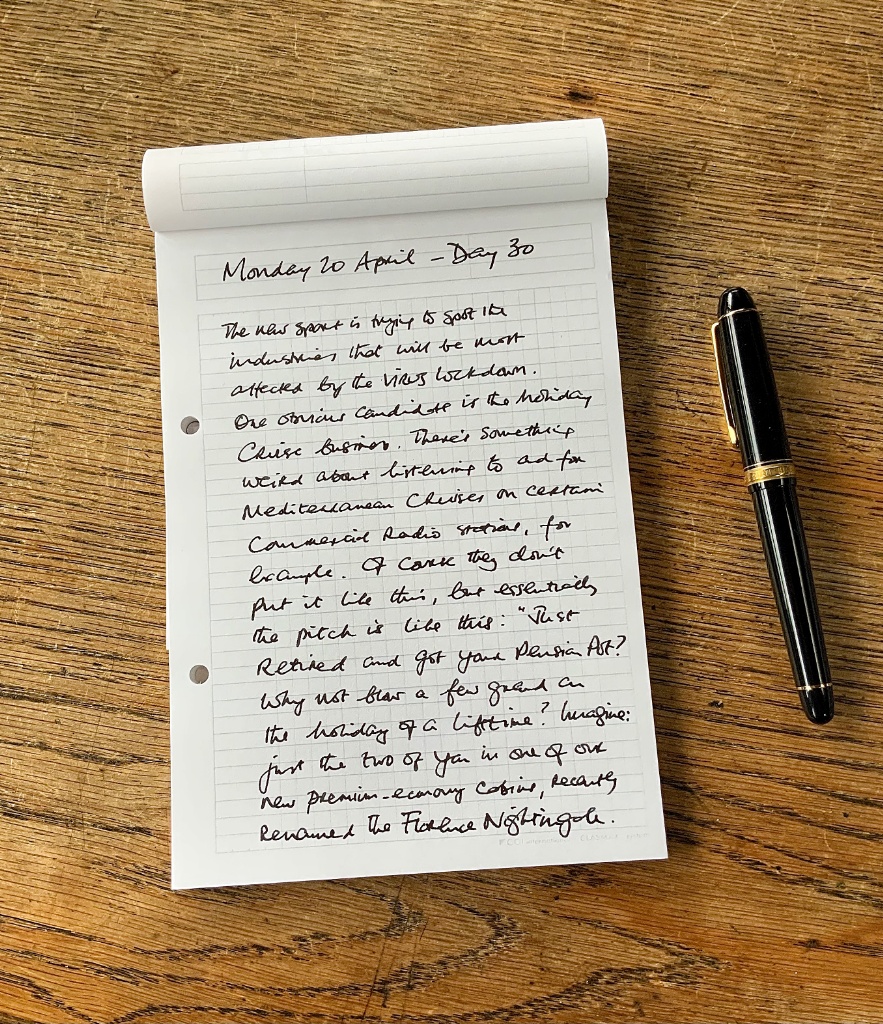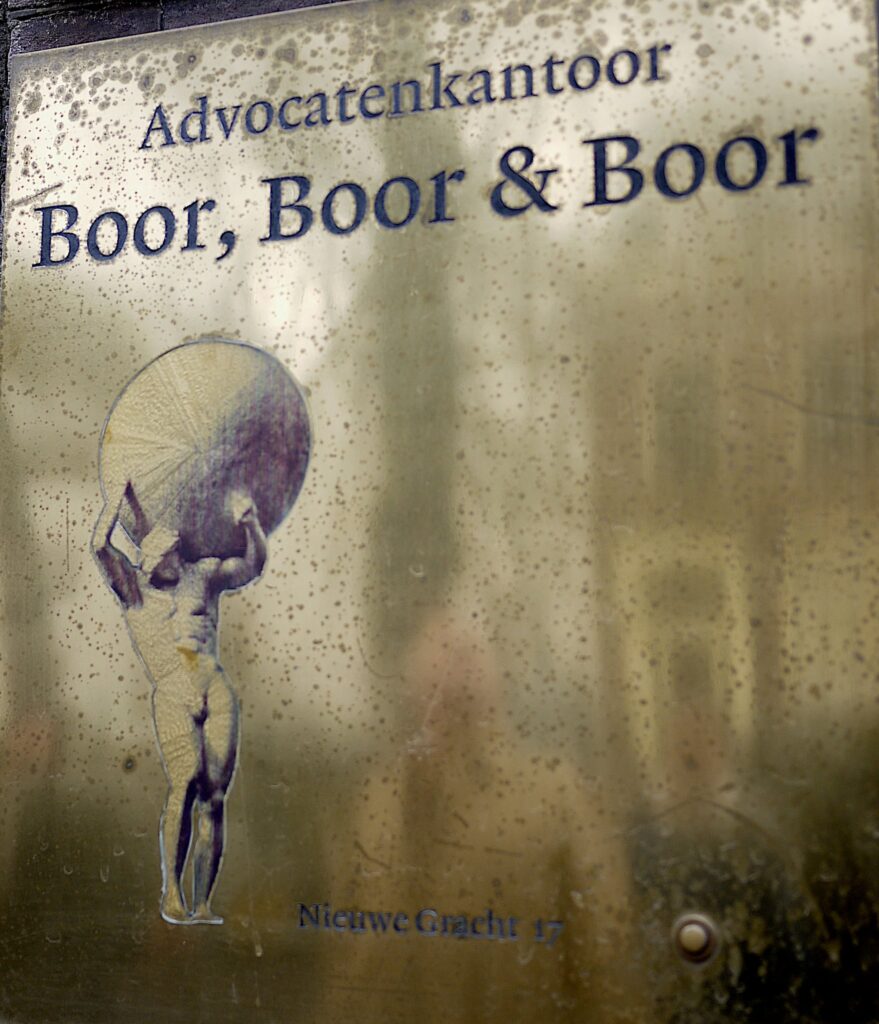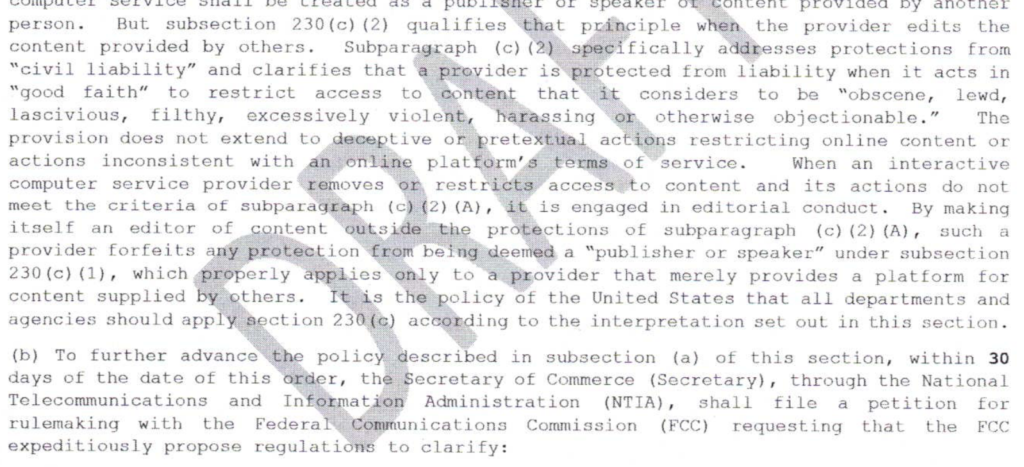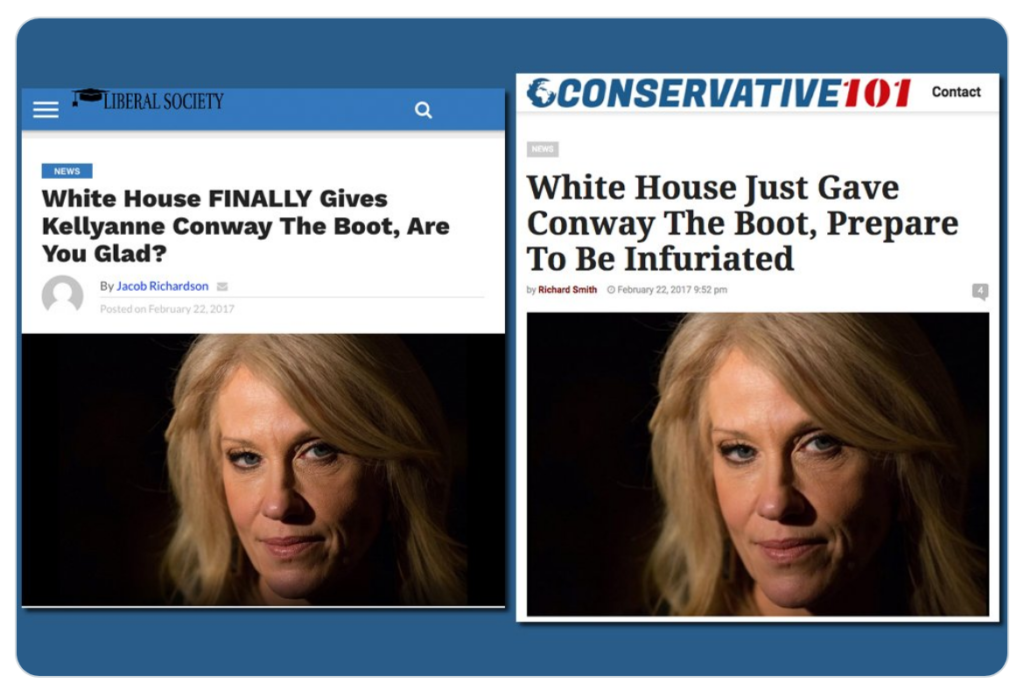Sleeping compartment

Quote of the Day
” The loneliest moment in someone’s life is when they are watching their whole world fall apart, and all they can do is stare blankly.”
- F. Scott Fitzgerald
(Good description of where my liberal American friends are just now)
Musical alternative to the morning’s radio news
Black Jack Davy | The Incredible String Band
One of my favourite bands. I’ll never forget a gig they did in Cambridge in my first year as a student. Thanks to Philip King (Whom God Preserve) for reminding me of it.
Long Read of the Day
Don’t get used to it – it’s what autocracies rely on
Really wise blog post by Christina Pagel.
It’s not even been 100 days since President Trump was inaugurated and my spreadsheet is approaching 250 authoritarian-like actions. The administration is moving forwards with trade wars, dismantling the federal government, defunding key health and environmental programmes, shipping off immigrants to foreign jails with no due process, deporting students, attacking universities, law firms and media companies, and undermining the international world order that the US led in establishing 75 years ago. I’ve probably missed out another equally long list of actions that I can’t remember off the top of my head.
It’s exhausting. But it’s also incrementally less and less shocking. And this combination is dangerous – the more we switch off and the more we have to work harder to remember that none of this is normal, the harder it is to fight back…
She’s right. It is exhausting. But her spreadsheet is the thing to focus on, not the coverage of Trump’s performative circus. Something really worrying is going on under the radar of mainstream media.
So many books, so little time
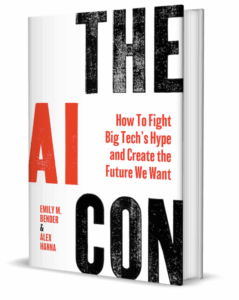
This is coming out soon, and (I hope) to my letterbox this week (for a review). Publication date is May 8. Given who the authors are (Emily was the person who first described LLMs as “stochastic parrots”), it’ll be a useful antidote to the AI hype machine. Looking forward to reading it.
My commonplace booklet
Apropos the item in Wednesday’s issue about the ‘Martian’ theory about Hungarian geniuses, the Wall Street Journal had a fascinating story (sadly behind a non-porous paywall) about the numbers of women that Elon Musk is paying to bear his increasing numbers of children. (That’s his way of scaling up his genetic influence.)
Here’s Helen Lewis on the subject:
Musk refers to his offspring as a “legion,” a reference to the ancient military units that could contain thousands of soldiers and were key to extending the reach of the Roman Empire.
During St. Clair’s pregnancy, Musk suggested that they bring in other women to have even more of their children faster. “To reach legion-level before the apocalypse,” he said to St. Clair in a text message viewed by The Wall Street Journal, “we will need to use surrogates.”
He has recruited potential mothers on his social-media platform X, according to some of the people.
Musk has used his wealth to buy the silence of some women who have his kids, according to St. Clair as well as other people, text messages and documents reviewed by the Journal.
Linkblog
Rory Cellan Jones has a nice blog post on the insanity of Tesla’s share price.
After Wall Street closed last night, Tesla unveiled a truly dreadful set of first quarter results. Revenue from car production was down 20% while earnings per share – one way of measuring profits – had fallen 71%. Both measures fell short of analysts’ already gloomy expectations.
So, a car company which is supposed to be in its massive growth phase is going into reverse and its future is further imperilled by Donald Trump’s trade war with China, where many of Tesla’s parts are made. Its share price should be tanking, right?
Instead, we learn that shares rose 5% in after hours trading, partly because Elon Musk pledged to spend less time on his work at DOGE dismantling the US government, more of it dismantling Tesla – sorry, focusing on guiding the car company into the autonomous driving future.
Tesla has become what the crypto crowd call a ‘meme stock’, one whose value has no connection to reality, even of the capitalist variety.
He goes on to consider the price/earnings ratio —
a measure of how investors are feeling about a company. A low number says they feel its best days are past and they are not confident that profits can grow. A high number says that even if earnings are relatively small right now, your investors believe that you are on the path to greatness and sticking with the shares will reap them great rewards in a few years.
Currently the P/E ratio of General Motors is 7. Tesla’s is 131.
Go figure, as the Yanks say.
This Blog is also available as an email three days a week. If you think that might suit you better, why not subscribe? One email on Mondays, Wednesdays and Fridays delivered to your inbox at 5am UK time. It’s free, and you can always unsubscribe if you conclude your inbox is full enough already!

